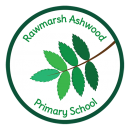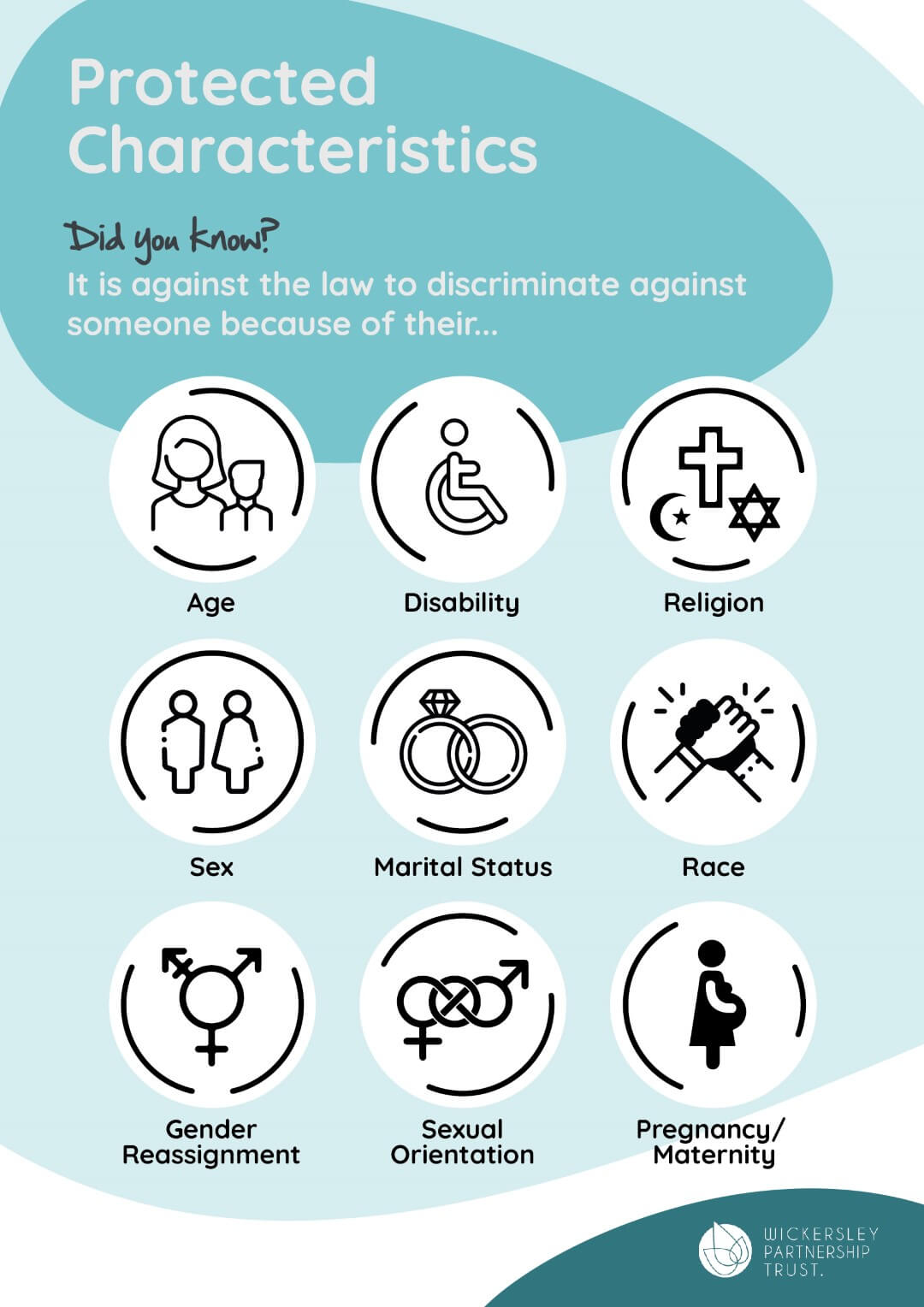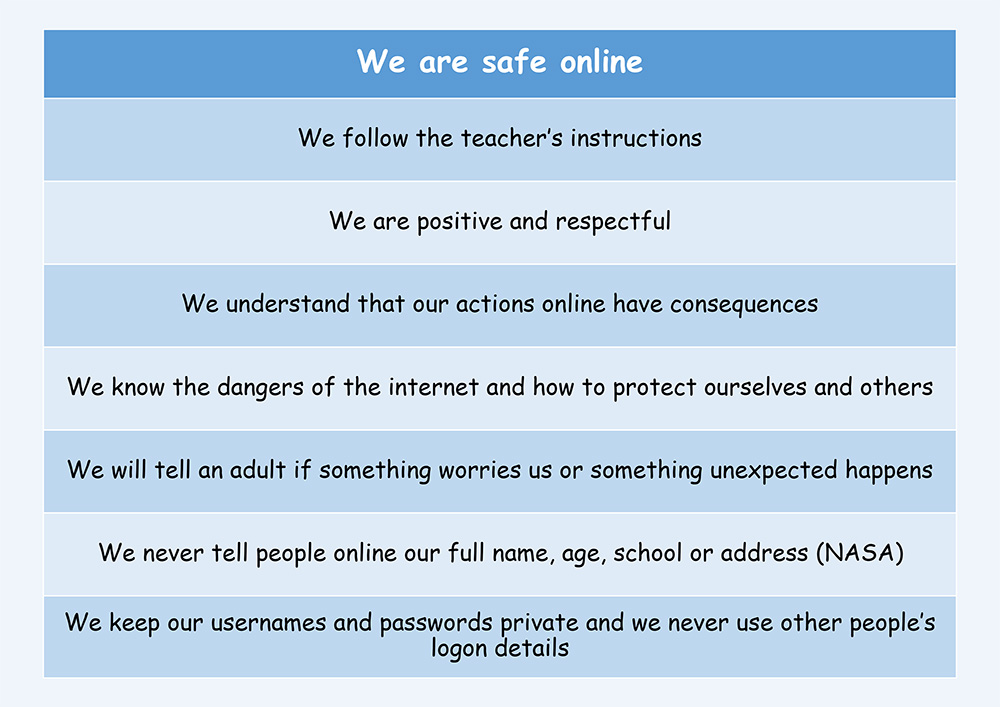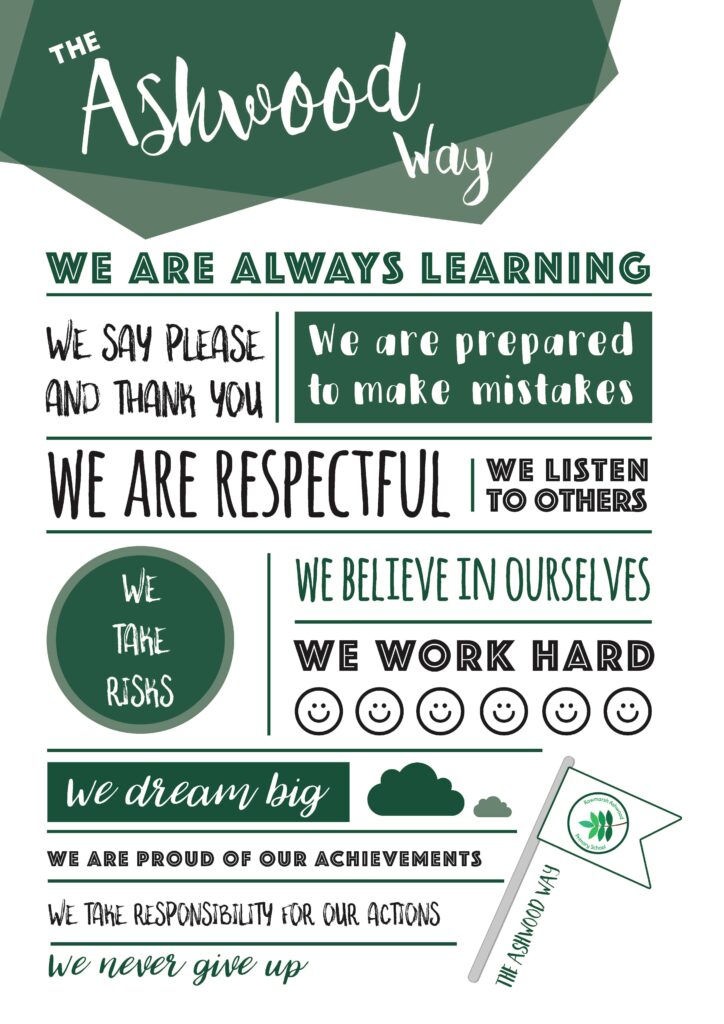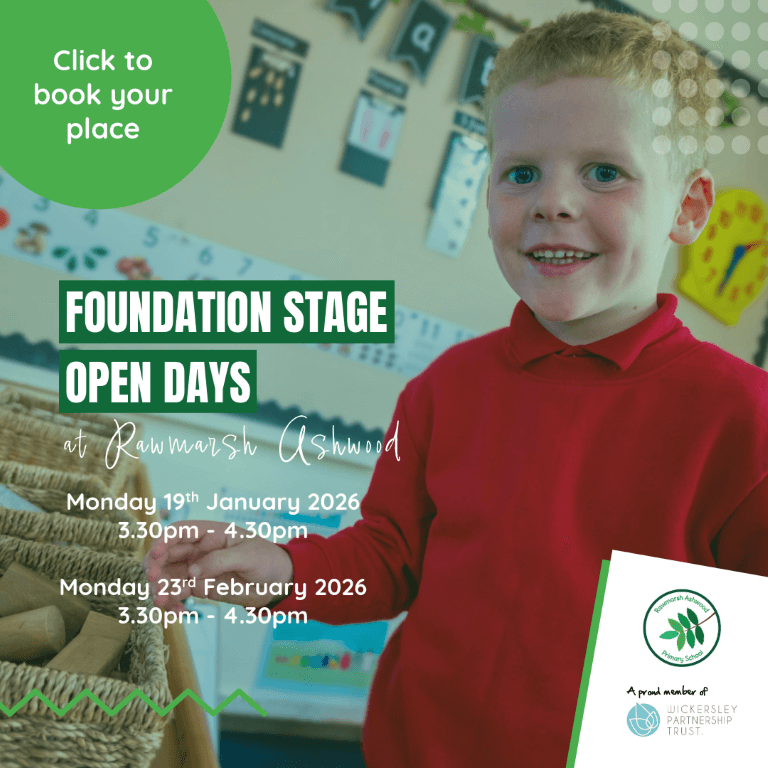PSHE and Personal Development
Personal Development, Citizenship and Community at Rawmarsh Ashwood Primary School
At Rawmarsh Ashwood Primary School, we place personal development at the heart of our curriculum, ensuring that every child grows into a confident, compassionate, and responsible citizen. Through a combination of curriculum learning and community engagement, our pupils develop the knowledge, skills, and values needed to thrive as individuals and as part of society.
Our Citizenship and Community Links
We believe that learning extends beyond the classroom. Our partnership with Broadacres Dementia Care Home provides pupils with real-life opportunities to contribute positively to their local community. These carefully planned activities run throughout the school year and allow children across different year groups to engage meaningfully with older residents, fostering empathy, respect, and social responsibility.
Planned Activities Include:
Singing and Music Sessions: Pupils enjoy weekly and termly visits to perform songs, karaoke, and play musical instruments, bringing joy and connection to residents.
Shared Reading Experiences: Children select and read books with residents, supporting literacy and building intergenerational bonds.
Collaborative Events: Pupils and residents work together on themed projects and celebrations, encouraging teamwork, mutual respect, and a sense of belonging.
Developing Key Skills and Values
Through these activities, pupils develop:
Empathy and emotional intelligence, learning to understand and respond to the needs of older members of their community.
Communication and social skills, through meaningful dialogue, shared activities, and collaborative experiences.
Responsibility and citizenship, by contributing positively to the wellbeing of others and understanding their role in the wider community.
Cultural awareness, celebrating the lives, stories, and experiences of the residents.
Our engagement with Broadacres demonstrates our commitment to outstanding personal development. Pupils are not only academically prepared but also morally and socially aware, leaving school with the confidence and skills to participate actively in society. This approach reflects our broader ethos of nurturing well-rounded, thoughtful citizens who value collaboration, kindness, and lifelong learning.
The Impact
Children report increased confidence, empathy, and enjoyment in learning.
Residents benefit from enhanced social interaction, stimulation, and joy.
The school community grows stronger, reinforcing connections between generations and fostering a shared sense of purpose.
At Rawmarsh Ashwood, personal development, citizenship, and community engagement are inseparable from academic learning, ensuring our pupils leave school ready to make a positive difference in the world around them.
What is PSHE Education?
PSHE Education (Personal, Social, Health and Economic Education) is a planned programme of learning through which children and young people acquire the knowledge, understanding and skills they need to successfully manage their lives – now and in the future. As part of a whole-school approach, PSHE Education develops the qualities and attributes pupils need to thrive as individuals, family members and members of society.
What do schools have to teach in PSHE Education?
According to the National Curriculum, every school needs to have a broad and balanced curriculum that:
- Promotes the spiritual, moral, social, cultural, mental and physical development of pupils at the school
- Prepares pupils at the school for the opportunities, responsibilities and experiences of later life
- Promotes British values
From September 2020, primary schools in England also need to teach Relationships and Health Education as compulsory subjects and the Department for Education strongly recommends this should also include age-appropriate Sex Education.
Schools also have statutory responsibilities to safeguard their pupils (Keeping Children Safe in Education, DfE, 2019) and to uphold the Equality Act (2010).
At school we use the revised Jigsaw scheme to support our teaching of Personal, Social, and Health Education. Jigsaw, the mindful approach to PSHE, is a progressive and spiral scheme of learning. Jigsaw is a whole-school approach and embodies a positive philosophy and creative teaching and learning activities to nurture children’s development as compassionate and well-rounded human beings as well as building their capacity to learn.
INTENT: Jigsaw holds children at its heart, and its cohesive vision helps children understand and value how they fit into and contribute to the world. With strong emphasis on emotional literacy, building resilience and nurturing mental and physical health, Jigsaw 3-11 properly equips schools to deliver engaging and relevant PSHE within a whole-school approach. Jigsaw lessons also include mindfulness allowing children to advance their emotional awareness, concentration, focus and self-regulation.
Jigsaw has two main aims for all children:
- To build their capacity for learning
- To equip them for life
Jigsaw brings together PSHE Education, compulsory Relationships and Health Education, emotional literacy, mindfulness, social skills and spiritual development. It is designed as a whole school approach, with all year groups working on the same theme (Puzzle) at the same time at their own level. There are six Puzzles (half-term units of work) and each year group is taught one lesson per week. All lessons are delivered in an age- and stage-appropriate way so that they meet children’s needs.
The six puzzles delivered each year are:
- Bring Me in My World
- Celebrating Difference
- Dreams and Goals
- Healthy Me
- Relationships
- Changing Me
It provides a structured programme of personal development to nurture the ‘whole child’ and increase learning capacity, underpinned by mindfulness philosophy and practice. Every Jigsaw lesson from Early Years to upper primary offers opportunities for children’s spiritual, moral, social and cultural (SMSC) development, and this is clearly mapped and balanced across each year group. Likewise, Jigsaw is designed to provide structured opportunities in every lesson to practise and enhance the five skills associated with the emotional literacy (self-awareness, social skills, empathy, motivation and managing feelings).
IMPLEMENTATION: Jigsaw 3-11 offers a comprehensive programme for Primary PSHE, including statutory Relationships and Health Education, in a spiral, progressive and fully planned scheme of work, giving children relevant learning experiences to help them navigate their world and to develop positive relationships with themselves and others. In planning the lessons, Jigsaw PSHE ensures that learning from previous years is revisited and extended, adding new concepts, knowledge and skills, year on year as appropriate.
IMPACT: This can be established through assessment identified in the key learning.
How can I find out more information about Jigsaw PSHE?
The best thing to do is to talk to your child’s teacher about how Jigsaw is taught in school. Alternatively, you can talk to the school’s head teacher, or the teacher who is responsible for leading PSHE across the school. Parents and carers are also very welcome to visit the Jigsaw website www.jigsawpshe.com.
At Wickersley Partnership Trust we understand that getting the curriculum right for each and every individual child is the single most important factor in ensuring progress, encouraging positive engagement and raising aspirations. We are continually striving to go above and beyond for our students. We enrich the curriculum by our strong ethos based on respect for ourselves and others, equality and a sense of wonder at the world we live in and through opportunities to develop deep and sustained engagement and give children the capability to think deeply and critically for themselves. In addition to the Jigsaw scheme, the teaching of Personal, Social, Health and Economic Education is supplemented through our full curriculum, our e-safety charter, our school way, our pledges and our entitlement and enrichment promise.
Curriculum Links
Money Matters
As well as their usual Maths lessons, all students take part in a Money Matters Curriculum. These sessions are delivered in Maths lessons and link real life financial elements to help prepare all of our students for the real world. Elements of the Money Matters curriculum covered include budgeting, saving and borrowing, debt, the cost of living, banks and banking, tax, savings and inflation.
First Aid
First Aid is an area in which most, if not all students will have experiences throughout their lives. Some incidents will be critical, others will be minor. If the young people of today can be taught and take with them some skills of how to act in an emergency situation, lives will be saved. Our innovative First Aid curriculum, working in partnership with First Aid Schools, aims to develop a continuous and sustainable programme of first aid and mental health first aid across primary and secondary schools, Trust-wide. We aim to deliver subject-specific first aid which is linked to relevant situations students may come across both at school and at home.
E Safety Charter
E-Safety encompasses Internet technologies and electronic communications such as mobile phones and wireless technology. It highlights the need to educate children and young people about the benefits and risks of using new technology and provides safeguards and awareness for users to enable them to control their online experiences. The school’s e-safety policy will operate in conjunction with other policies.
At our school we adhere to the e-safety charters to help keep our children safe. The E-Safety Charters were developed to provide children with the basic principles of how to stay safe and be responsible when online. They are displayed in classrooms and discussed before children access the internet to ensure that our children are confident and secure in their understanding of E-Safety. The charters show progression through-out the key phases of primary school and are reflect the objectives in the computing curriculum.
Entitlement Promise
All students across WPT are promised both Entitlement and Enrichment opportunities. Entitlement opportunities are our core offer: we promise that all students will take part in these experiences during their time in our school.
British Values
We believe that British Values should be effectively promoted in our school. Our students understand that there are many different types of community in modern Britain.
Careers
Careers and employability education at our school is embedded into the curriculum through some PSHE lesson input, specific careers lessons, assemblies / guest speakers and drop down events.
We expose pupils to careers from EYFS- Y6. School provides enrichment opportunities via external providers including: school based engineering sessions, workplace visits, and a wide range of activities at higher education institutions.
All staff have high expectations for students. Through our careers curriculum we develop high aspirations and expose pupils to careers and the world of work.
Career Mark Certificate of Commitment
We are proud to share that Rawmarsh Ashwood Primary School has been officially awarded the Career Mark Certificate for Commitment, recognising our ongoing work to embed high-quality careers education and guidance across the school.
This achievement reflects our strategic approach to raising aspirations, ensuring that every child begins to understand the world of work and the opportunities available to them from an early age. Our careers curriculum is designed in line with the new Ofsted framework, focusing on personal development, cultural capital, and preparing pupils for their next steps in education and beyond.
What This Means for Our Pupils
A progressive careers programme from EYFS to Year 6 that introduces children to different roles, sectors, and skills.
Opportunities to meet professionals, explore a wide range of jobs, and develop aspirations for the future.
Curriculum links that connect classroom learning to real-world pathways, helping children to see the purpose and possibilities of education.
A Whole-School Commitment
This certificate celebrates the dedication of our staff and community partners who work together to broaden horizons, build ambition, and support pupils to become confident, capable, and future-ready. Our next step will be to work towards the full Career Mark accreditation, further strengthening our provision.
“We want every child at Rawmarsh Ashwood to believe they can achieve anything and “dream big” just like one of our Ashwood way values. This award recognises how we are building those foundations early, helping our pupils see a future full of opportunity.”
— Miss Roper, Headteacher Designated Safeguarding Lead and Careers Lead
The School Way
All WPT students follow “The School Way” to be better learners and better citizens within our school communities. The School Way allows us all to promote the attributes our children need in order to develop their independence, responsibility and resilience to have a happy and successful life.
Our school “Way” teaches our children about the importance of British values. A key part of our plan for education is to ensure children become valuable and fully rounded members of society who treat others with respect and leave school fully prepared for life in modern Britain.
- Democracy – We listen to others
- The rule of the law – We take responsibility for our actions
- Individual liberty – We work hard and help others to work hard
- Mutual respect – We include everyone and have fun together
- Tolerance – We help each other
Pledges
The School Pledges are at the very heart of empowering students to be confident, well-rounded, enthusiastic, caring, happy, can-do people, ready for the wider world. The Pledges, coupled with the School Way, develop personal skills and attributes and broaden the horizons of our students.
At Primary, we aim to send all young people into an ever changing world able and qualified to play their full part in it. The qualified aspect of this speaks for itself; we aim for our students to achieve strong qualifications that support them in their next steps of education, training or employment.
Furthermore, a student who makes that commitment to the Pledges will develop independence and self-discipline by augmenting their participation, performance, communication, creativity and cultural capital.
Student Leadership
Within our school students have lots of opportunities to develop their leadership skills. Our students complete application forms, interviews, speeches and are democratically represented to serve the school community
With Me In Mind
We work with With Me In Mind, the NHS-supported Mental Health Support Service in Rotherham. We are committed to ensuring that the Mental Health Support Teams reach those most in need of the support; presently we are a working in selected educational settings across Rotherham.
The WMIM team is made up of a wide variety of staff with different professional backgrounds. This includes; Mental Health Nurses, Social workers, Interpersonal Psychotherapists, Cognitive Behaviour Psychotherapist and Educational Mental Health Practitioners.
Class Buddies
Each class in school has a “buddy” class. They share their learning and share the moments they are proud of. This is around a different theme or subject each week. Our “buddy” class support pupils in building relationships with others, following the school way and help us to feel part of our school family.
Our Curriculum in Detail
Find out more
If you would like to find out more about our curriculum or have any queries please contact Miss D Roper, Headteacher, using our contact details.

